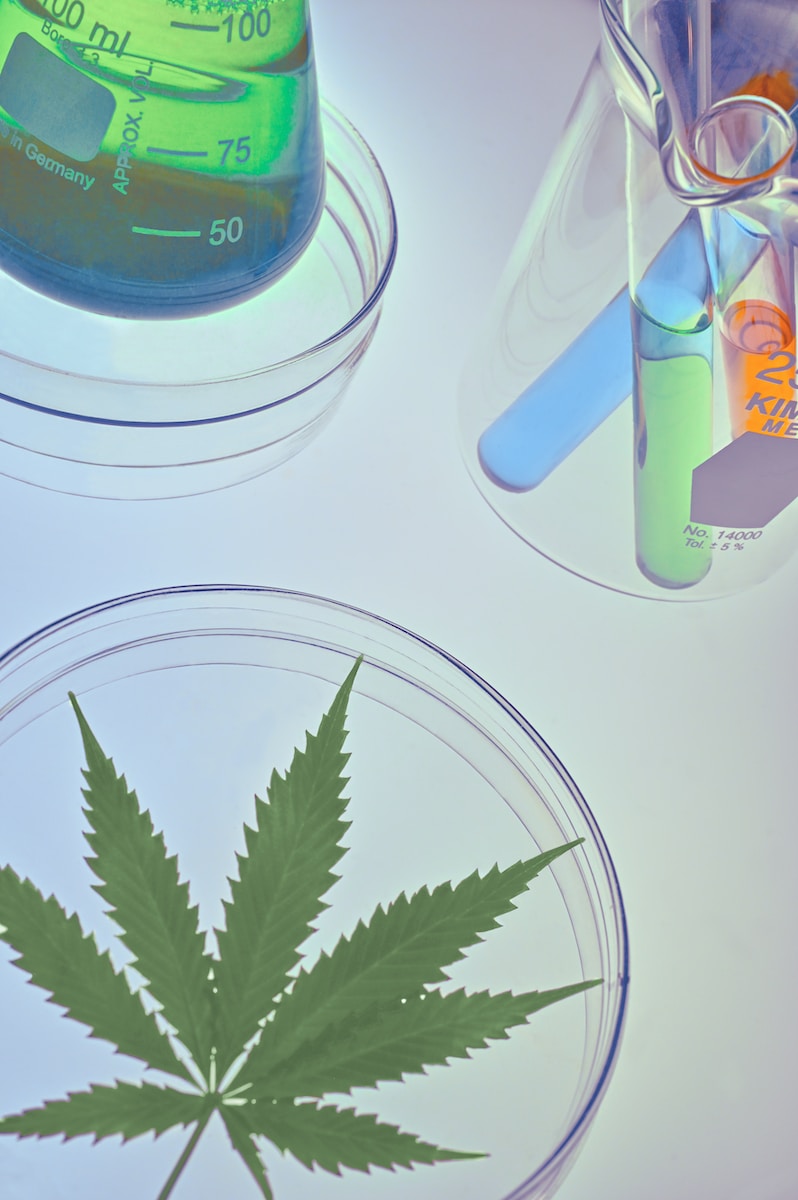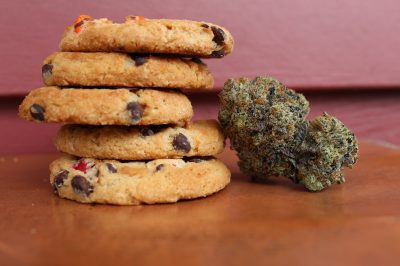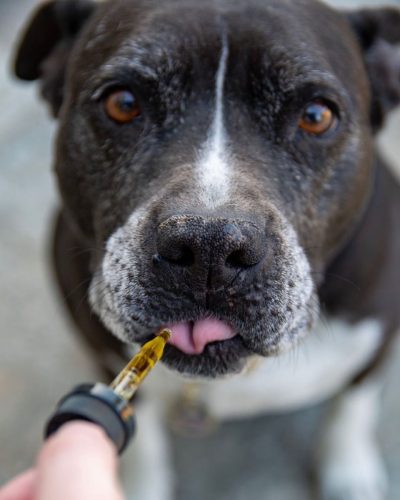CBD and THC
The cannabis plant contains a lot of compounds, with THC and CBD being the primary ones among approximately 500. The ratio of these two active ingredients can vary based on the strain and cultivation methods, such as indoor or outdoor growing.
Both CBD and THC possess therapeutic properties, but a significant distinction is thatCBD doesn’t induce psychoactive effects, unlike THC, which can cause a sensation of being high or stoned.
This discrepancy in psychoactivity explains why CBD became legal in 2017, while THC remains illegal. In France, for instance, the authorized THC level in products is capped at 0.3%.

History of CBD
Throughout history, it’s been recognized that cannabis sativa, (scientific name of the plant) holds considerable therapeutic potential due to cannabinoids, which interact with human body receptors
.
However, due to the psychoactive properties of THC, the consumption of cannabis has been prohibited in much of the world since the early 20th century.
Today, advancements in natural selection have enabled the reduction of THC levels in the plant to the point of eliminating its psychoactive effects.
This has led to the emergence of what’s colloquially termed the “CBD plant” primarily composed of CBD and other cannabinoids, adhering to legal limits, similar to those imposed on THC.
WHAT IMPACTS DOES CBD HAVE ON OUR BODY?
Scientific research has indicated that CBD does not exert detrimental effects on the brain; instead, it safeguards neurons.
Here are some medical explanations .
The human body possesses a cluster of receptors that operate within the central nervous system, known as the endocannabinoid system. This system serves as a form of internal communication network in our body. It is responsible for regulating various functions such as pain, sleep, anxiety, appetite, and even the immune system.
Cannabinoids (such as THC or CBD) interact with specific receptors in the body.
Consequently, CBD offers calming properties and promotes a sense of well-being without the psychoactive effects of the THC.


To go further in clinical explanations…
The CBD molecule exhibits a confirmed and targeted effect on specific receptors, including serotonin, anandamide, and adenosine receptors.
Below are the actions induced by CBD in our body associated with each receptor:
-
By binding to serotonin receptors, often referred to as the “happiness hormone”, CBD prompts a sense of well-being and tranquility. Researchers have demonstrated that a high concentration of CBD activates serotonin receptors, which play a role in pain perception mechanisms as well as appetite, anxiety, and sleep regulation.
-
On anandamide receptors, CBD inhibits the enzyme responsible for regulating its concentration, thereby enhancing the presence of this neurotransmitter, which elicits feelings of euphoria.
-
– Through the activation of adenosine receptors, CBD functions as an anxiolytic. This receptor is implicated in the regulation of cardiovascular functions, as well as the levels of dopamine and glutamate in the brain.

THE WORLD HEALTH ORGANIZATION'S PERSPECTIVE ON CBD
Based on these scientifically substantiated grounds, the WHO expert committee on drug addiction concluded in 2017 that cannabidiol (CBD) lacks addictive properties and poses no harm to health. Consequently, the scientific community has affirmed that CBD does not adversely affect the brain.
This determination led to the authorization of CBD for sale, provided that the THC level does not exceed 0.3%. (For reference, this threshold may vary, reaching up to 1% in certain European countries).
CBD in the Market: How and Why to Use It?
Therationales behind CBD consumption can vary significantly based on individual needs and preferences. Primarily, we encounter the following two categories:
Recreational
Individuals who currently consume or have previously used traditional cannabis (containing THC) and aim to cut down or cease their consumption by turning to a substitute and a natural alternative.
Therapeutic:
Addressing issues such as skin conditions, depression, stress, anxiety, epilepsy, insomnia, inflammation, chronic pain, and more.
To cater to both these demographics, and thanks to the adaptable nature of the product along with the dynamism within the cannabis industry, we are witnessing a surge of new legal products hitting the market: oils, capsules, infusions, candies, skincare items, and even flowers. (all containing a maximum of 0.3% THC to ensure no intoxicating effects).
These products serve as supplements and should never be seen as replacements for medications or prescribed treatments.
People with medical treatment are highly recomended to ask a doctor before starting to consume CBD.

